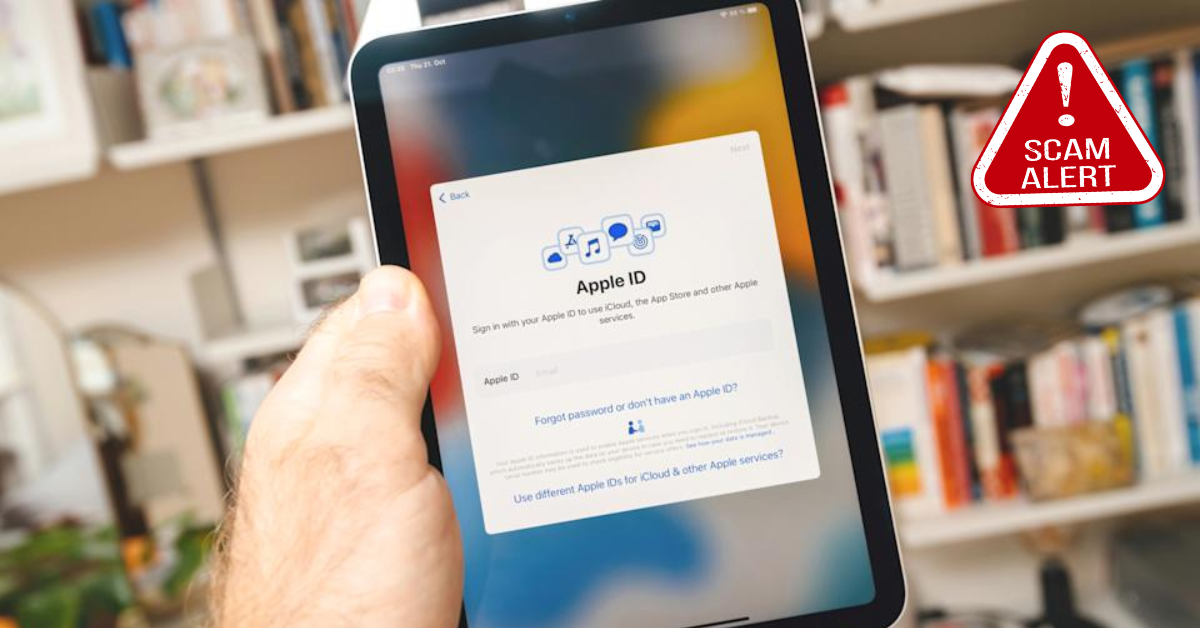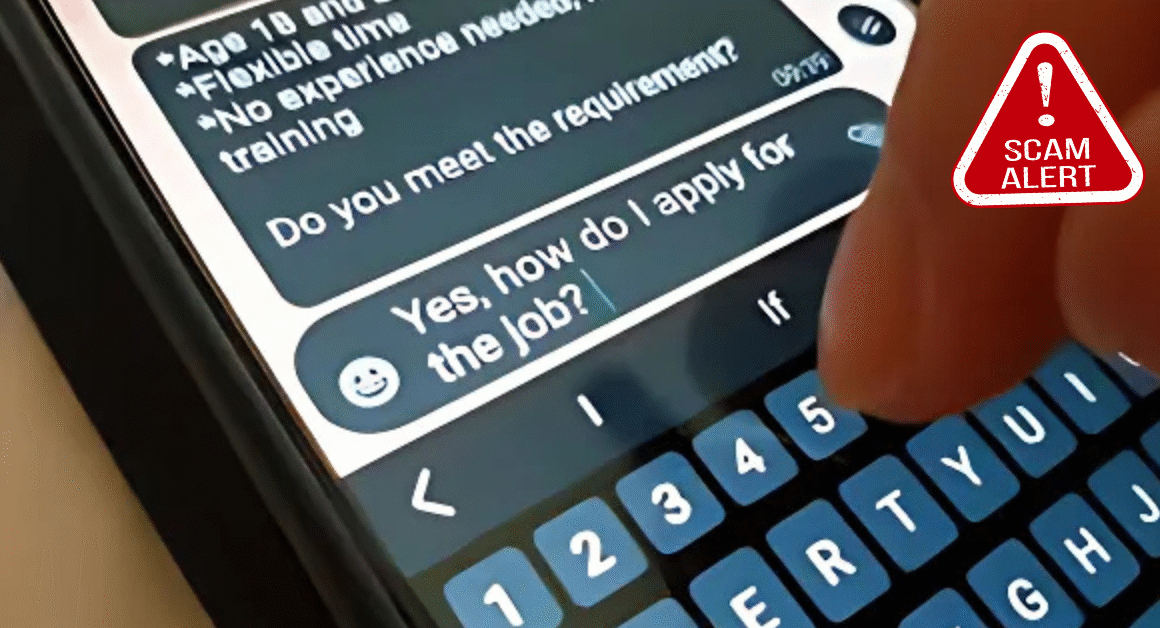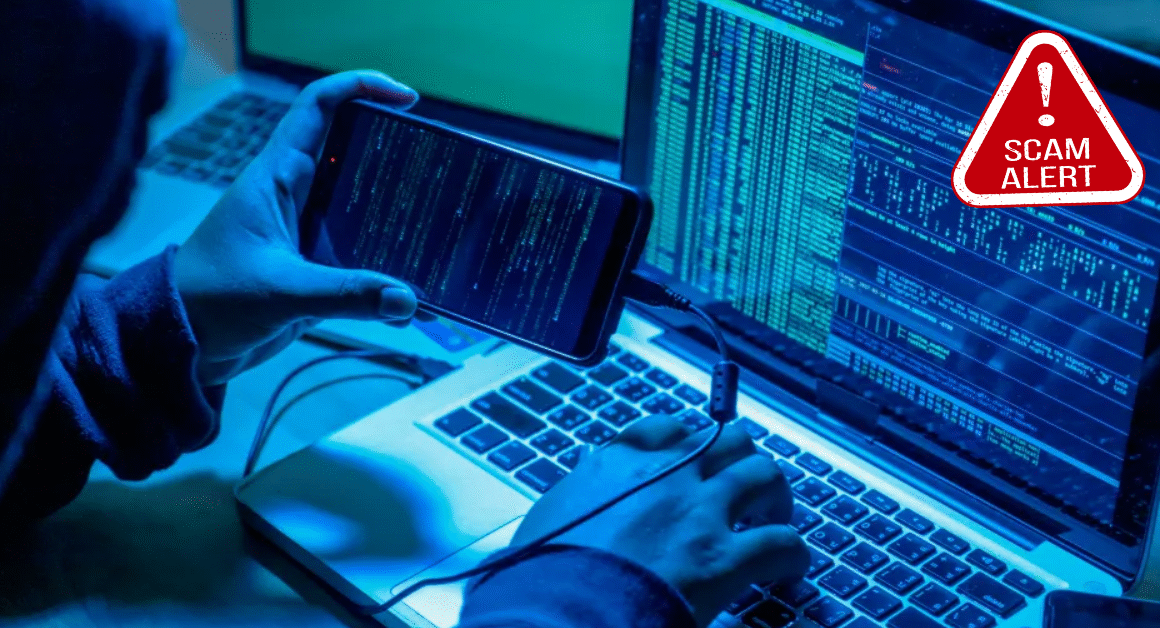Apple users around the world, including in India, are being warned about a fresh wave of malicious iCloud email scams. These scams are designed to trick people into sharing sensitive details like passwords or payment information by sending fake emails that look very real. Many users may easily fall victim because the emails appear to be from Apple themselves, making it essential to stay alert and informed.
Cybersecurity experts urge iCloud users to carefully scrutinize any suspicious emails asking for personal information. If you own an Apple device or use iCloud services for storage and syncing, understanding how these scams work is vital to protect yourself. This article explains the scam in detail, how to recognize it, and what steps you can take to stay safe online.
What is the iCloud Email Scam?
The iCloud email scam is a phishing attack that tries to steal your login credentials by sending fake emails designed to look like official Apple communications. These emails often claim there is an urgent problem with your iCloud account — for example, a security breach or unpaid bill — to create a sense of panic.
When you click on links in these emails, you are led to fake Apple login pages that capture your username and password. Hackers can then use this information to access your iCloud data, including photos, contacts, and more. According to the cybersecurity company Kaspersky, phishing scams like this are among the most common threats faced by users worldwide.
How To Recognize Malicious iCloud Emails
It’s important to learn how to spot fake emails pretending to be from Apple. Here are some key features to watch out for:
- Sender’s email address looks suspicious or doesn’t end with “@apple.com”.
- The email contains poor grammar and spelling errors, which Apple usually avoids.
- There is a sense of urgency, like warnings about account suspension or a security breach.
- Requests for personal information such as passwords, credit card details, or verification codes.
- Links direct you to websites that don’t use secure “https” or have strange domain names.
Apple’s official advice on recognizing phishing emails can be found on their support page here. They remind users never to click on suspicious links in emails and always verify the sender’s identity before responding.
What To Do If You Receive a Suspicious Email
If you get an email asking for your iCloud information or warning about your account, don’t panic or reply immediately. Instead, follow these steps:
- Do not click on any links or download attachments from the email.
- Verify the email by logging into your Apple account through the official website (www.apple.com) or the official Apple app, not through the email link.
- Report the suspicious email to Apple by forwarding it to reportphishing@apple.com.
- Delete the email from your inbox permanently.
- If you suspect your account might be compromised, change your Apple ID password immediately and enable two-factor authentication for added security.
The Federal Trade Commission (FTC) recommends staying alert to phishing attempts as they are a leading cause of identity theft in today’s digital world. You can read more about their guidelines at FTC’s official site.
Protecting Yourself: Best Practices for Apple Users
Prevention is always better than cure. Here are some simple yet effective ways to keep your Apple devices and accounts safe:
- Always keep your Apple software and apps updated with the latest versions.
- Enable two-factor authentication on your Apple ID account for extra security.
- Be cautious when sharing personal information online or over email.
- Use strong, unique passwords and consider using a trusted password manager.
- Regularly review your account activity for any suspicious logins or changes.
Apple also provides a security guide on their official website to help users stay protected. You can learn more about their security tools and updates directly from Apple’s security page here.
Conclusion: Stay Vigilant to Avoid Falling for iCloud Scams
With cybercrime on the rise, Apple users must stay extra vigilant against phishing scams masquerading as official emails. Understanding the nature of these deceptive messages and following safety practices can save you from severe data loss and identity theft. Remember, Apple will never ask for your password or payment information via email.
Always verify suspicious emails independently and keep your Apple devices well-protected. Sharing this knowledge with family and friends can help create a safer digital environment for everyone. Stay informed and keep your digital life secure.













